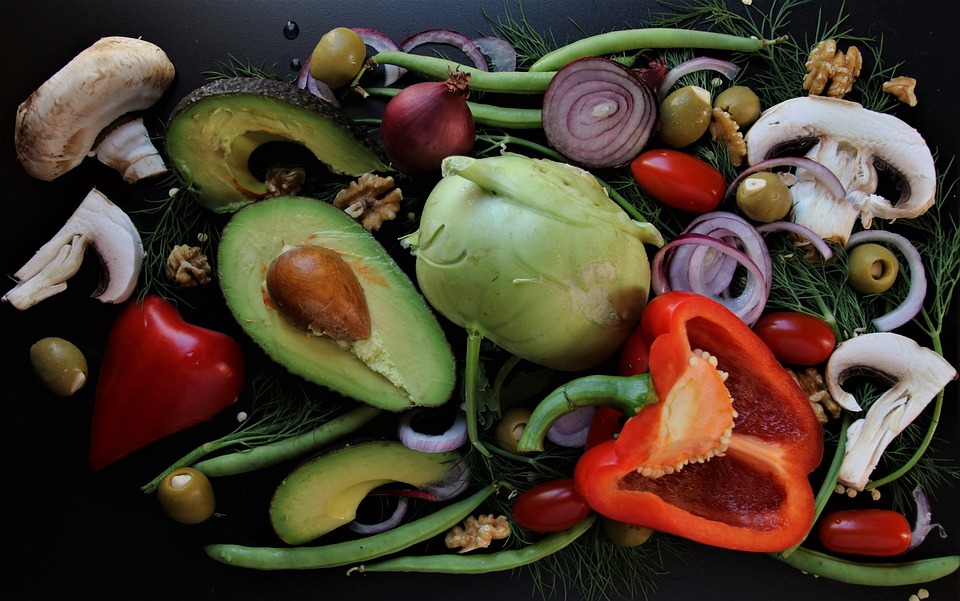Introduction
When it comes to maintaining a healthy gut and overall well-being, the focus has often been on probiotics. While probiotics, which are live beneficial bacteria, play an important role in gut health, there’s another essential component that often goes overlooked – prebiotics. In this article, we will explore what prebiotics are, their significance, and why they are vital for a balanced and thriving gut microbiome.
What Are Prebiotics?
Prebiotics are non-digestible fibers that act as fertilizer for the good bacteria residing in our gut. They provide nourishment to these beneficial bacteria, allowing them to thrive and multiply. Unlike probiotics, which are the actual bacteria, prebiotics serve as the energy source to keep the probiotics active and functioning optimally.
The Difference Between Prebiotics and Probiotics
While prebiotics and probiotics sound similar, they are not the same. Probiotics are live bacteria that provide health benefits when consumed in adequate amounts. Conversely, prebiotics serve as food for these probiotics, promoting their growth in the gut. To visualize, think of probiotics as the gardeners who tend to a garden (your gut), while prebiotics are the fertilizer providing the necessary nutrients to fuel their work.
The Importance of Prebiotics for Gut Health
1. Enhancing Beneficial Bacteria: Prebiotics stimulate the growth and activity of the good bacteria in our gut. These beneficial bacteria help maintain a healthy balance in the gut microbiome and provide numerous health benefits. By consuming prebiotics, we can optimize the population of these good bacteria, which plays a fundamental role in digestive health and immune function.
2. Improving Digestive Health: The fibers in prebiotics are not fully digested by our enzymes, reaching the colon undigested, where the bacteria residing in our gut can ferment them. This fermentation process leads to the production of short-chain fatty acids (SCFAs), which provide fuel for the cells lining the colon, promoting a healthy digestive system.
3. Strengthening the Immune System: A significant portion of our immune system resides in the gut, making it crucial to maintain a healthy and thriving gut microbiome. Prebiotics, by promoting the growth of beneficial bacteria, help train and strengthen our immune system, defending against harmful pathogens, and reducing the risk of various diseases.
Sources of Prebiotics
Thankfully, prebiotics can be easily incorporated into our diet through various food sources. Some notable sources of prebiotics include:
1. Chicory Root
Chicory root is one of the richest sources of prebiotics. It contains high amounts of inulin, a type of prebiotic fiber that is readily fermented by the gut bacteria.
2. Garlic
Garlic is not only a delicious addition to many dishes but also a great source of prebiotics. Its unique compounds, such as fructans, act as fuel for the beneficial bacteria in our gut.
3. Onion
Similar to garlic, onions are rich in prebiotic fibers called fructo-oligosaccharides (FOS). Including onions in your diet can provide a nourishing boost to your gut bacteria.
4. Bananas
Alongside being a great source of essential vitamins and minerals, bananas also contain prebiotic fibers such as inulin and fructooligosaccharides.
Supplementing with Prebiotics
In certain situations, obtaining an adequate amount of prebiotics through diet alone may be challenging. In such cases, prebiotic supplements can be a valuable option to ensure optimal gut health. These supplements typically contain concentrated doses of prebiotic fibers that can support the growth of beneficial gut bacteria.
Conclusion
Incorporating prebiotics into our diet plays a crucial role in nurturing a healthy gut microbiome. By understanding the importance of prebiotics and incorporating prebiotic-rich foods or supplements, we can foster a balanced gut microbiota, improve digestion, strengthen our immune system, and support overall well-being. Embracing prebiotics alongside probiotics is a holistic approach to enhance gut health and maximize the benefits of a thriving microbial community.




